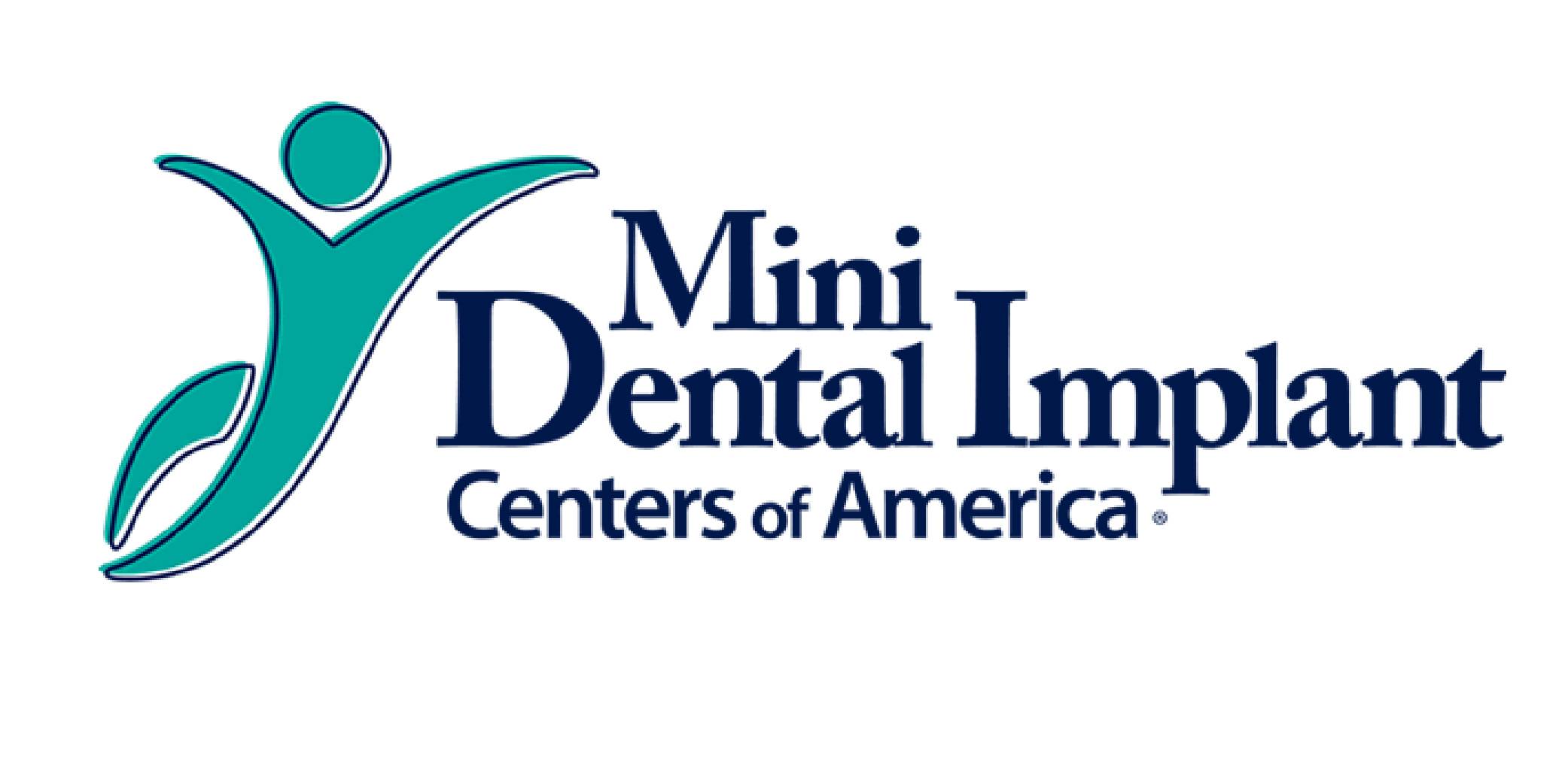Omega-3s May Help Lower Breast Cancer Risk in Women with Obesity

August 24, 2022
Original article and page source found here.
Considered to be among the healthiest fats to consume, omega-3s benefits include those related to heart health, mental illnesses, brain decline, inflammation, autoimmune diseases and even cancer.
A new study found a link between consumption of omega-3s and breast cancer (BC), specifically that when premenopausal women and obese women consumed more of these healthy fats, they had a lower risk of developing BC. As explained below, omega-3s seem to fight cancer development due to their ability to reduce inflammation and effects of too much estrogen.
Study Findings: Omega-3 and Breast Cancer in Obese Women
A 2022 study published in the journal Menopause found that when pre- and postmenopausal women consumed more omega-3s from their diets, they benefited from enhanced protection against developing breast cancer.
Omega-3 fatty acids are types of polyunsaturated fats, also called PUFAS, which are known to help fight inflammation and support normal immune function. There are several types, including a-linolenic acid (ALA), eicosapentaenoic acid (EPA), docosapentaenoic acid (DPA) and docosahexaenoic acid, with DHA and EPA (the types found in oily fish) the most sought after.
This particular study wanted to determine if any association exists between breast cancer risk in adult women and intake of PUFAs, especially omega-3 PUFAs. The study included more than 3,100 participants who completed food frequency questionnaires and health-related surveys.
Results showed that higher intake of omega-3s, especially from marine/seafood sources, was associated with lower risk of breast cancer among both pre- and postmenopausal women.
Here are more details about the study’s main findings:
- Associations between BC risk and dietary PUFA intake was most evident among premenopausal women and women who were at increased risk of BC or who already had breast cancer.
- A decreased risk of breast cancer was significantly associated with increased omega-3 intake in obese/overweight women but not in women of normal weight.
What It Means (How to Get More Omega-3 in Diet)
Many adults, especially those who eat a modern, processed diet, don’t consume enough omega-3 fats. To make matters worse, it’s very common to consume too many omega-6s, which are found in vegetable oils and many packaged foods.
This study, among others conducted in the past, demonstrate the importance of consuming healthy fats, including omega-3 fatty acids, on a regular basis. Higher intake of omega-3s has been shown in many studies to help protect against conditions including:
- High cholesterol
- High blood pressure (hypertension)
- Type 2 diabetes
- Arthritis
- Macular degeneration
- Neurodegenerative diseases such as Alzheimer’s disease and other types of dementia
- Osteoporosis
- And others
How can you add more omega-3s to your diet?
The human body cannot make its own omega-3 fats — therefore there’s a need to consume them from food sources. The best sources include oily fish, nuts and seeds. Supplements are another way to increase your intake.
Here’s a list of the best omega-3 foods and sources:
- Fish, including wild-caught salmon, sardines, mackerel, anchovies, white fish and tuna
- Nuts and seeds, such as flaxseeds, chia seeds, hemp seeds and walnuts. Note that plant-based foods are high in the type of omega-3 fatty acid called ALA, so you’ll need to eat more of them to get the same effect as their animal-based counterparts.
- Egg yolks
- Natto
- You may also benefit from taking a high-quality omega-3 supplement, such as fish oil or a capsule. Aim to get between 250 and 500 milligrams of EPA and DHA combined each day.
Does omega-3 increase estrogen levels, or does omega-3 block estrogen?
Studies have found somewhat mixed and conflicting results when testing the effects of omega-3s on estrogen levels. Overall, these healthy fats seem to benefit estrogen levels in adult women. For example, one study found that supplementation with omega-3s plus vitamin D3 decreased estrogen in premenopausal women, which may help defend against hormone-related cancers.
Another study found potential anticancer roles of omega-3s through effects on estrogen signaling. Omega-3 seem to convert pro-proliferative estrogen in a way that blocks breast cancer cells from growing.
Research suggests that EPA and DHA may be effective in helping to fight BC due to several other mechanisms, including reducing proinflammatory lipid (fat) derivatives, inhibiting inflammation and cytokine production, and decreasing growth factor receptor signaling.
Are omega-3 good for cancer patients? Can cancer patients take omega-3 fish oil?
In most cases, yes. Some research shows that fish oil can help improve treatment outcomes among people battling some types of cancer. However, some patients undergoing chemotherapy may be advised to avoid fish oil.
As one study explains, “Accumulating evidence states that n-3 PUFAs may exert an antitumor action by altering lipid composition of the plasma membrane.” In other words, these fats seem to defend cells against becoming damaged and cancerous, and they may also stop them from spreading.
That being said, if you’re being treated for cancer you should always discuss any supplements you’re taking with your doctor.
Other Ways to Help Combat Breast Cancer and Obesity
Aside from eating a healthy diet and avoiding processed foods, other ways you can lower your risk for breast cancer and obesity include:
- Getting enough exercise on a regular basis.
- Not consuming too much alcohol or smoking cigarettes.
- Limiting exposure to chemicals and carcinogens, such as heavy metals and environmental pollutants. Well-known carcinogens include asbestos, nickel, cadmium, radon, vinyl chloride, benzidine and benzene.
- Managing stress, since chronic stress takes a toll on the immune system and also causes increases production of “stress hormones,” which are linked to weight gain.
- Avoiding sleep deprivation.
Conclusion
- A new study found a link between consumption of omega-3s and breast cancer, specifically that when obese women and premenopausal women consumed more of these healthy fats they had a lower risk for BC.
- High intake of n-3 PUFAs seems to be associated with a lower risk of BC because these fats help fight inflammation and cytokine production, and they can normalize effects of estrogen.
- Consuming more omega-3 fatty acids is also helpful for defending against many other conditions, like heart disease, arthritis and diabetes.
- The best sources include oily fish, nuts, seeds and fish oil supplements.









